Section: Religion
There are more than 60 results, only the first 60 are displayed here.
Become a subscriber for more search results.
-
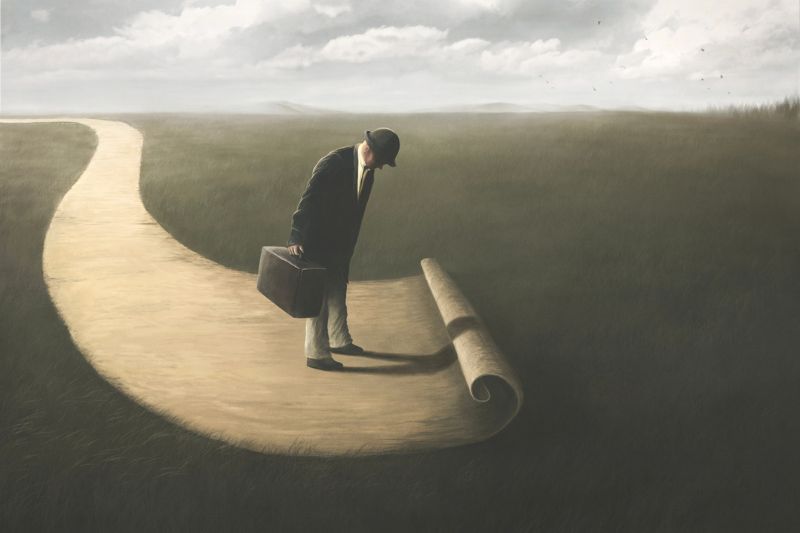
RELIGION
- Andrew Hamilton
- 21 August 2024
3 Comments
This year’s Social Justice Statement is ambitious in its scope. From the ravages of war to the erosion of truth, the statement challenges us to confront the root causes of our divisions and seek a path toward a more just and peaceful future.
READ MORE
-
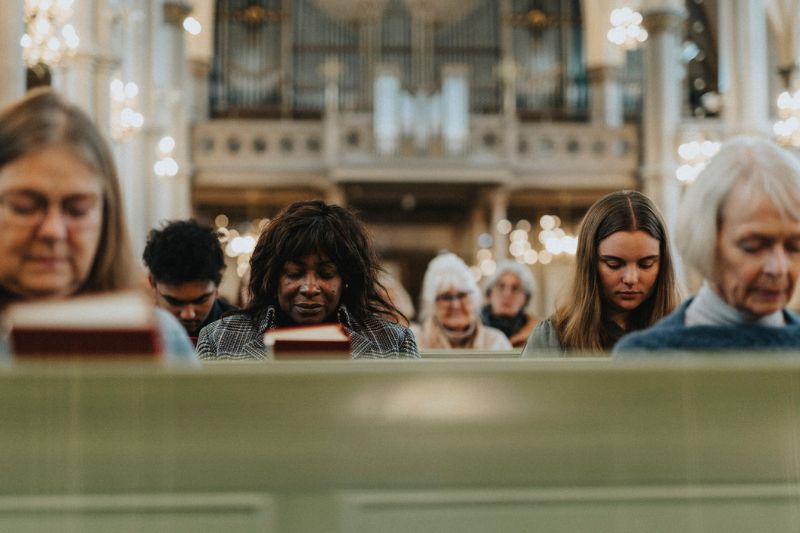
RELIGION
- Elizabeth Young
- 15 August 2024
12 Comments
Copious research has demonstrated the historical existence of women deacons, including St Phoebe, the only person in scripture with the descriptor Deacon. So how far off is Australia from ordaining women deacons?
READ MORE
-
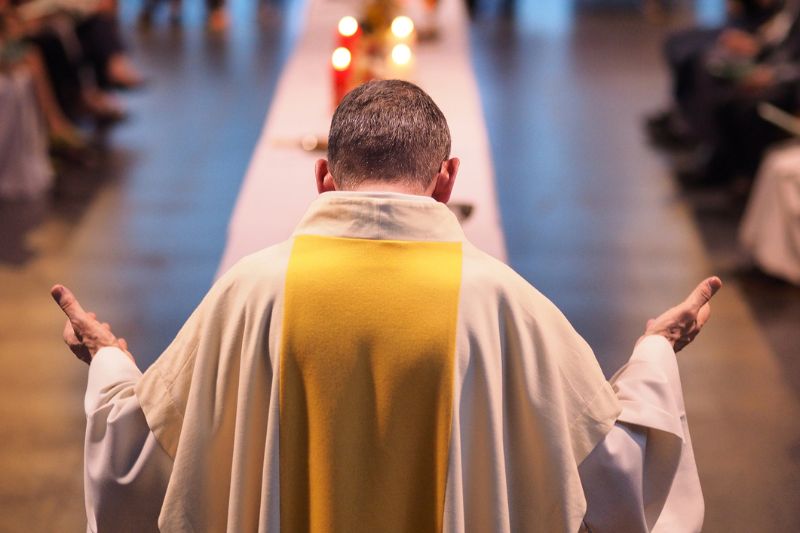
RELIGION
- John Warhurst
- 01 August 2024
14 Comments
In a troubling sign for Catholic reform in Australia, the National Council of Priests faces a dire membership crisis. Founded in 1970 to embody Vatican II's spirit, the organization now struggles to attract younger clergy. This decline mirrors broader challenges in the Church and may imperil efforts toward synodality and renewal.
READ MORE
-
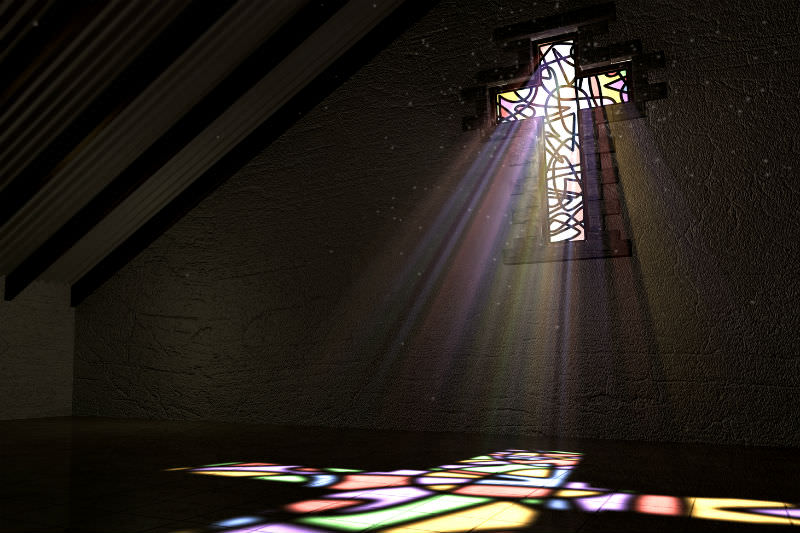
RELIGION
The Vatican's new Instrumentum Laboris outlines the path forward for the Synod on Synodality, but with a heavy emphasis on process over substance. While it acknowledges the need for greater women's involvement, it firmly reinforces the authority of the Pope and bishops, raising questions about the true potential for change.
READ MORE
-

RELIGION
- Andrew Hamilton
- 30 July 2024
5 Comments
In an age marked by increasing tribalism, Ignatius Loyola offers a counterintuitive lens through which to examine the nature of human connection. Renowned as a strict disciplinarian, Loyola is often cast as a distant, austere figure. Yet, beneath his armor of religious rigor lies a nuanced and rich understanding of friendship.
READ MORE
-
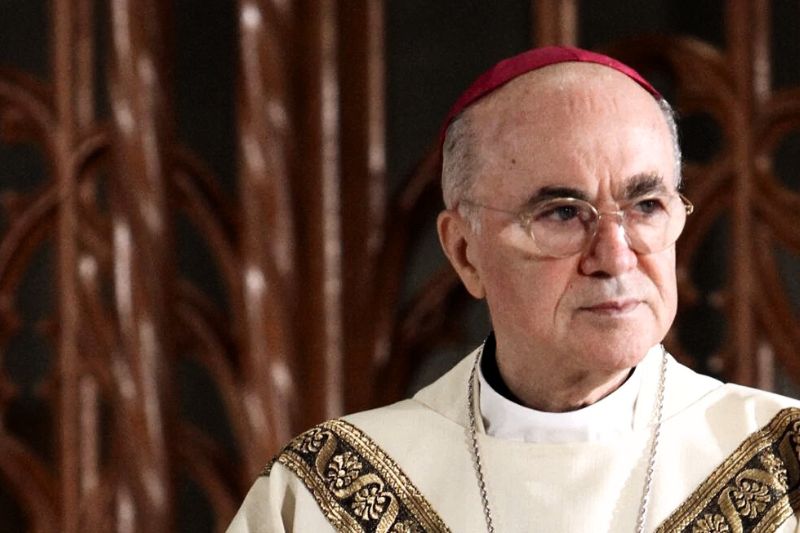
RELIGION
- Miles Pattenden
- 23 July 2024
6 Comments
Schism is an entrenched idea within Church History. What should we make of Pope Francis’ very modern schism: a decision by the Dicastery for the Doctrine of the Faith to declare Archbishop Carlo Maria Viganò guilty of ‘public statements resulting in a denial of the elements necessary to maintain communion with the Catholic Church’ and to excommunicate him?
READ MORE
-
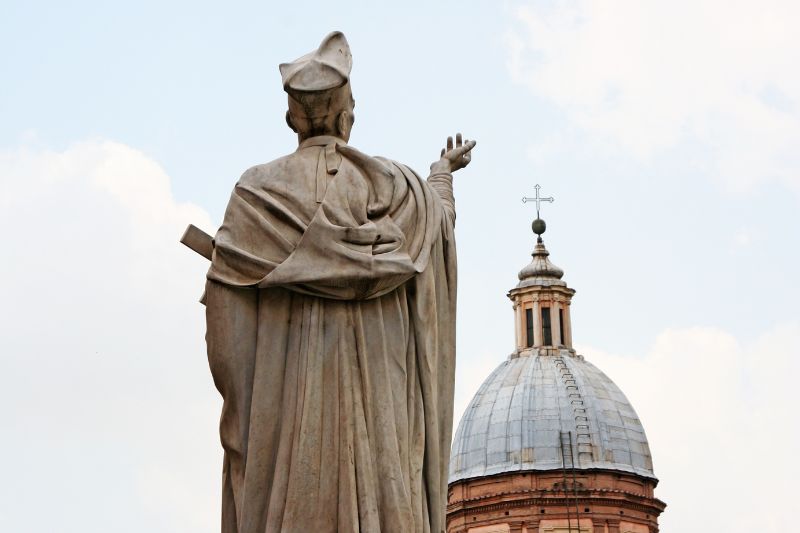
RELIGION
The recent Vatican instruction terminating the celebration of the Tridentine Mass in St Patrick’s Cathedral is a prime example of Vatican officialdom overriding local episcopal authority. Let us hope that in a more decentralized Church some traditional obstacles to ecumenism may be removed without respective ecclesiastical loss of face on the part of the contributing Churches.
READ MORE
-
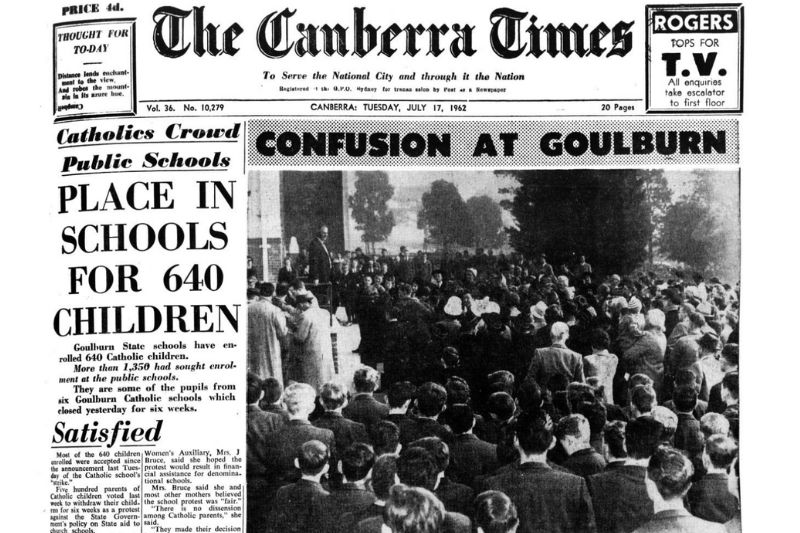
RELIGION
- John Warhurst
- 03 July 2024
8 Comments
In 1962, Goulburn was the centre of national attention when Catholic schools closed in protest over a lack of government funding and control. Students overwhelmed public schools. Could this happen again? An Australian archbishop suggests it as an option if religious freedom in Catholic schools is threatened.
READ MORE
-

RELIGION
None of us — even those experiencing vulnerability, whether temporary or resulting from a permanent infirmity of some kind — should be perceived as an object of protection; instead, each one of us is a collaborator in our own care, and in the care of others.
READ MORE
-

RELIGION
- Julian Butler
- 17 June 2024
There's a fine line between consuming news as a numbing distraction, and engaging with news that reminds me of human community. Even with the best of intentions to be informed and engaged, too often I find myself if not despairing, then at least lost in the volume.
READ MORE 
-
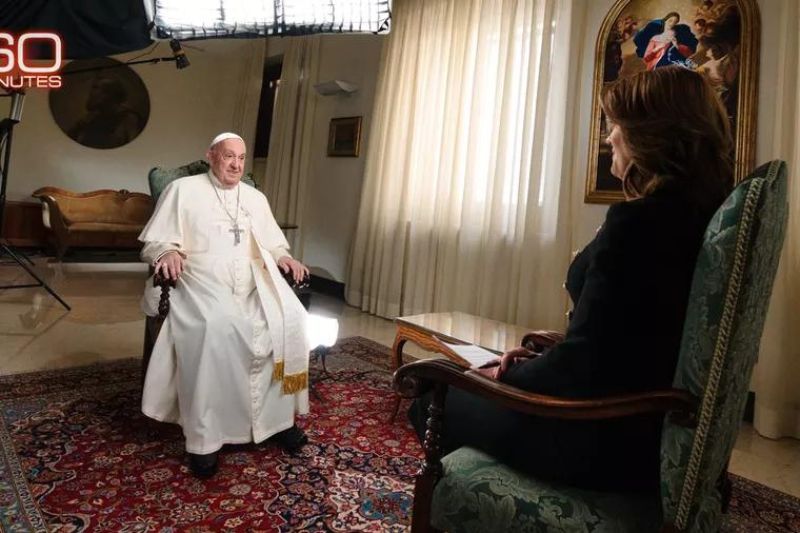
RELIGION
In a 60 Minutes interview, Pope Francis was asked whether there would ever be the prospect within the Catholic Church of a woman being ordained as a deacon. The Pope’s reply was a blunt ‘No’. This negative response came as a surprise to many Vatican watchers.
READ MORE
-
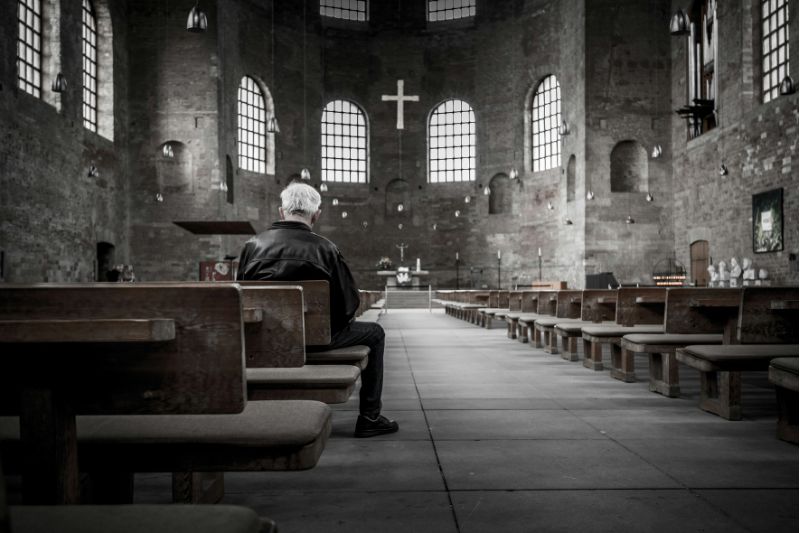
RELIGION
- John Warhurst
- 29 May 2024
29 Comments
We are now witnessing a changed dynamic within the movement for church reform. The balance within its component parts has changed towards a more pessimistic view. A minority is still hopeful; a few even remain optimistic, but most are struggling.
READ MORE